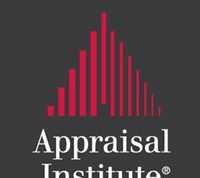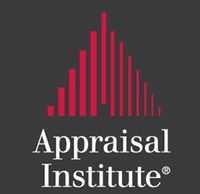Before you buy your dream house or even your starter home, you will have to pick the lender who will work with you through the process. Of course, the process originates with your real estate agent, though your mortgage lender is just as valuable. The lender can advise you on refinancing your home or provide you with enough information on home equity loans so that you can prepare for the big day, especially if you are a new homeowner.
You must have a lending specialist you can trust. You may have a relationship with that person for a long time, but first, understand what a mortgage is.
What Is a Mortgage?
A mortgage is simply a home loan. You can get the credit from a mortgage lender, a bank, or another lender who can purchase or refinance a home. Mortgage loans are secured loans that you repay in monthly payments. Most loans are for 15 to 30 years, and they include interest payments.
If you do not repay the loan, the lender can foreclose on the property. In other words, they will repossess it. When you make the last payment and become a full-fledged homeowner, the mortgage lender should return the original promissory note.
The Difference Between a Bank and Mortgage Company
Mortgage loans are utterly one aspect of the lending industry. Full-service banks offer mortgage loans and other banking products like checking and savings accounts, commercial loans, and investment and insurance products.
The Federal Deposit Insurance Company (FDIC) monitors and reviews full-service banks. Some states regulate mortgage companies stringently.
Mortgage loan originators go through very diverse methods between FDIC banks and mortgage firms. To be a loan originator at a bank, you should register with the National Mortgage Licensing System (NMLS), get fingerprinted, and complete a criminal background check.
If you have committed a financial crime such as fraud, you will not get a mortgage origination loan. If you want to work at a mortgage company, you will need thorough training. You must pass two tests: a state exam and a national exam. The exams must represent the state or states in which you will work.
These exams emphasize an understanding of the business, including important consumer protection laws. Once a mortgage lender obtains a state license, they must repeat the process once a year to stay current.
The Benefits of a Mortgage Company
Mortgage companies likely have access to a broader range of services and products than a full-service bank. Banks structure their mortgage programs within guidelines set by FHA, VA, and Fannie Mae, but if your situation does not fit within their criteria, there are other options you can try.
Mortgage companies sell the servicing. Because of this, they have access to mortgage programs structured and offered by prominent national banks. Not like a mortgage broker, the mortgage company can still close and provide funds for the loan directly to the new potential homeowner. Because these companies only service mortgage loans, they can streamline their process better and quicker than a bank which is to your advantage.
It’s a contentious world, and having the ability to close a loan on time is vital. Remember, it’s a big decision and there’s no rush to decide. Shop around and choose the best from three mortgage lenders. You want to know much you can afford before you start the process so do a pre-approval. It won’t lower your credit score. Use the internet for every option available so there’s less time wasted tracking offers and filling out applications in your car with brick and mortar companies.













